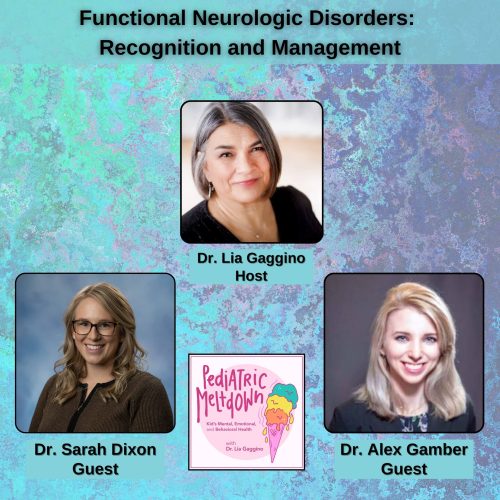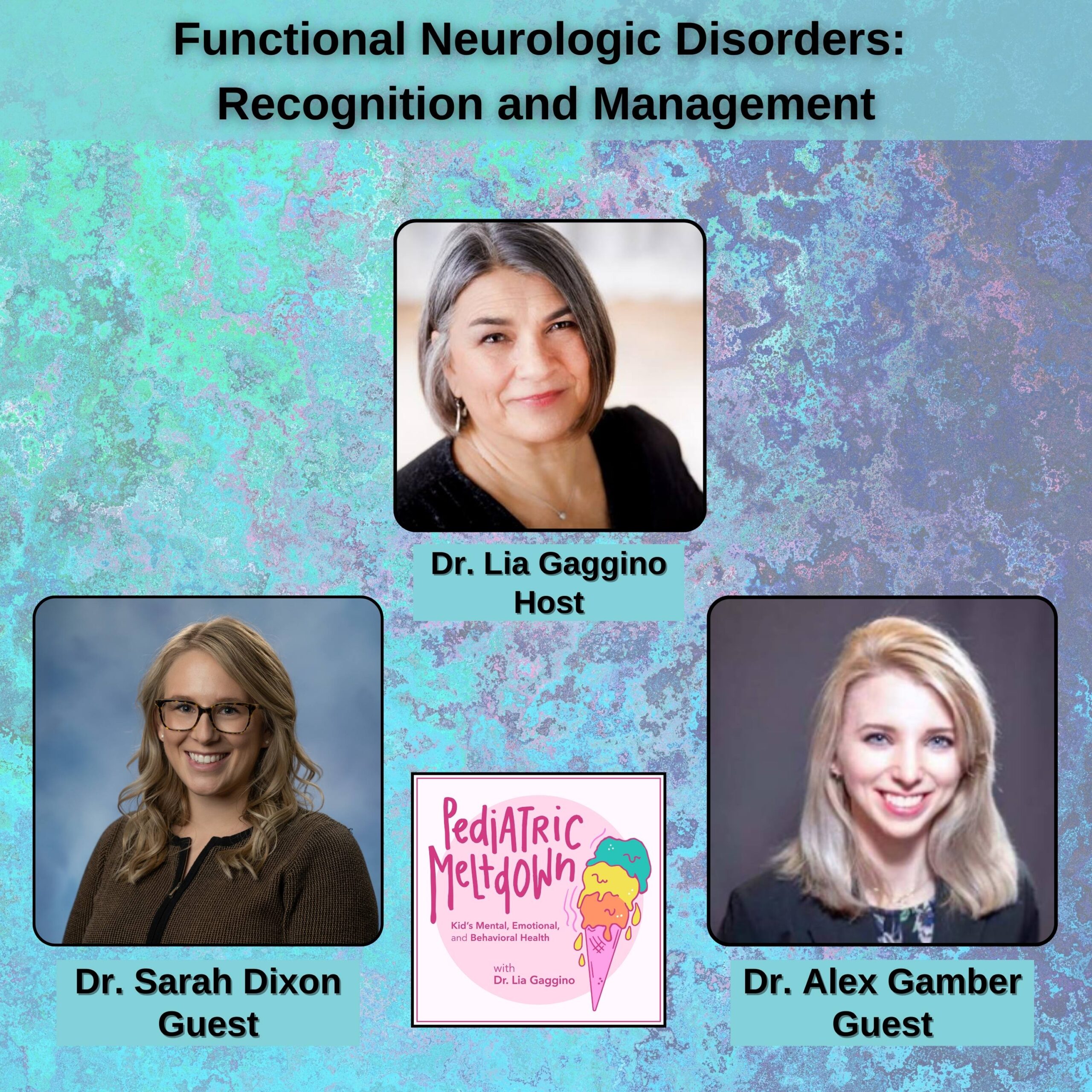Child abuse has long been a troubling and widespread issue, and sadly, it seems to be getting worse. Munchausen by Proxy (MBP), often known as somatic illnesses or medical child abuse, is one particularly nefarious kind of child maltreatment. Children’s health and safety may be seriously impacted by this type of child abuse. Clinicians must be aware of the symptoms and warning signs of MBP in order to safeguard children against this condition. Dr. Nasuh Malas returns to the show to talk about this issue and give practical advice for clinicians.
[00:33 -11:27] Any New Findings Regarding Somatic Disorders and Munchausen By Proxy?
- Somatic disorders, such as somatic symptom disorder, are characterized by physical symptoms that cannot be explained by a medical condition, and are often caused by stress or depression.
- Studies have found that individuals with somatic disorders are more likely to engage in Munchausen by proxy behaviors than those without the disorder.
- These findings have important implications for the diagnosis and treatment of both disorders, as well as for preventative measures against child abuse.
- Early detection of somatic disorders in parents or caregivers is crucial in order to identify potential risk factors for Munchausen by proxy.
- Mental health professionals should be aware of the link between somatic disorders and Munchausen by proxy when assessing patients for these conditions.
[11:28- 25:17] What the Psychiatrist can offer?
- Psychiatric assessments are used to identify and diagnose the underlying psychological and emotional issues that may be driving the patient’s symptoms.
- Psychiatrists can also provide psychotherapy, which can help the patient better understand and cope with their symptoms, as well as explore the underlying causes of the disorder.
- Psychiatrists may also recommend lifestyle changes or other forms of therapy to help the patient better manage their symptoms.
- Collaborative care is often recommended for treatment of somatic disorders, as a team of healthcare professionals can provide comprehensive care for the patient.
- Psychiatry is a crucial part of the treatment for somatic disorders, such as Munchausen by Proxy (MBP), as it offers a comprehensive approach to the diagnosis and management of psychiatric disorders.
[25:18 -34:57] Red Flags to Watch Out For
- Red flags for Munchausen by Proxy include: disregarding medical advice, iatrogenic injury to the child, isolating the child from normal routine, fading or lying about symptoms, and meeting psychological needs through the child’s illness
- Children with somatic symptom and related disorders may develop an identity of being physically ill, which can be reinforced by their caregiver
- Caregivers may selectively accept certain aspects of a child’s evaluation and treatment and disregard evidence that does not fit their belief about the child’s condition
- It is important for healthcare professionals to be aware of these issues and engage with families in a way that addresses their concerns and promotes the well-being of the child
- The continuum between somatic disorders and Munchausen by Proxy can be difficult to navigate, but it is essential to consider both physical and psychological factors in the evaluation and treatment of the child.
[34:58 – 43:32] Recommendations from Dr. Malas
- Have handouts available for patients and families to learn more about somatic symptom disorders
- Consider working with therapists and schools to provide coping strategies and functional plans for returning to school
- Familiarize yourself with the clinical pathways and scripting provided by organizations such as the American Academy of Child Adolescent Psychiatry for managing and communicating about these conditions
- Assess and address any additional barriers the patient may be facing, such as bullying or family dynamics
- Recognize your limitations and refer to specialized care when necessary
[43:33 – 49:53] Closing segment Takeaway
Links to resources on the subject
Kelty Family Handbook:
Dr. Malas’ Review on the topic:
The AACAP Clinical Pathway:
The AACAP Facts for Families:
Psychiatry Times Article on Somatic Symptom Disorder:
Other episodes you may like:
Episode #23 (Dr. Malas’s prior episode)
Episode #73
Need a Child Psychiatrist’s help? Phone a Friend
Key quotes for Twitter:
“Youth are presenting to emergency settings with high levels of suicidal thoughts, self-injurious behavior, eating disorders, and aggression.”….Dr. Nasuh Malas
“Keeping good documentation, being very neutral with neutral language, and being objective is really important”… Dr. Nasuh Malas
THANK YOU FOR YOUR SUPPORT!
Pediatric Meltdown was listed as a Top 20 Pediatric Podcast on FeedSpot.
If you’d like to connect with me, you can Tap the “What Are Your Thoughts” button at the top of these show notes or you can find me on LinkedIn, Facebook, Instagram, and Twitter, or email me at [email protected] or [email protected]. To learn more about me visit https://www.medicalbhs.com/








